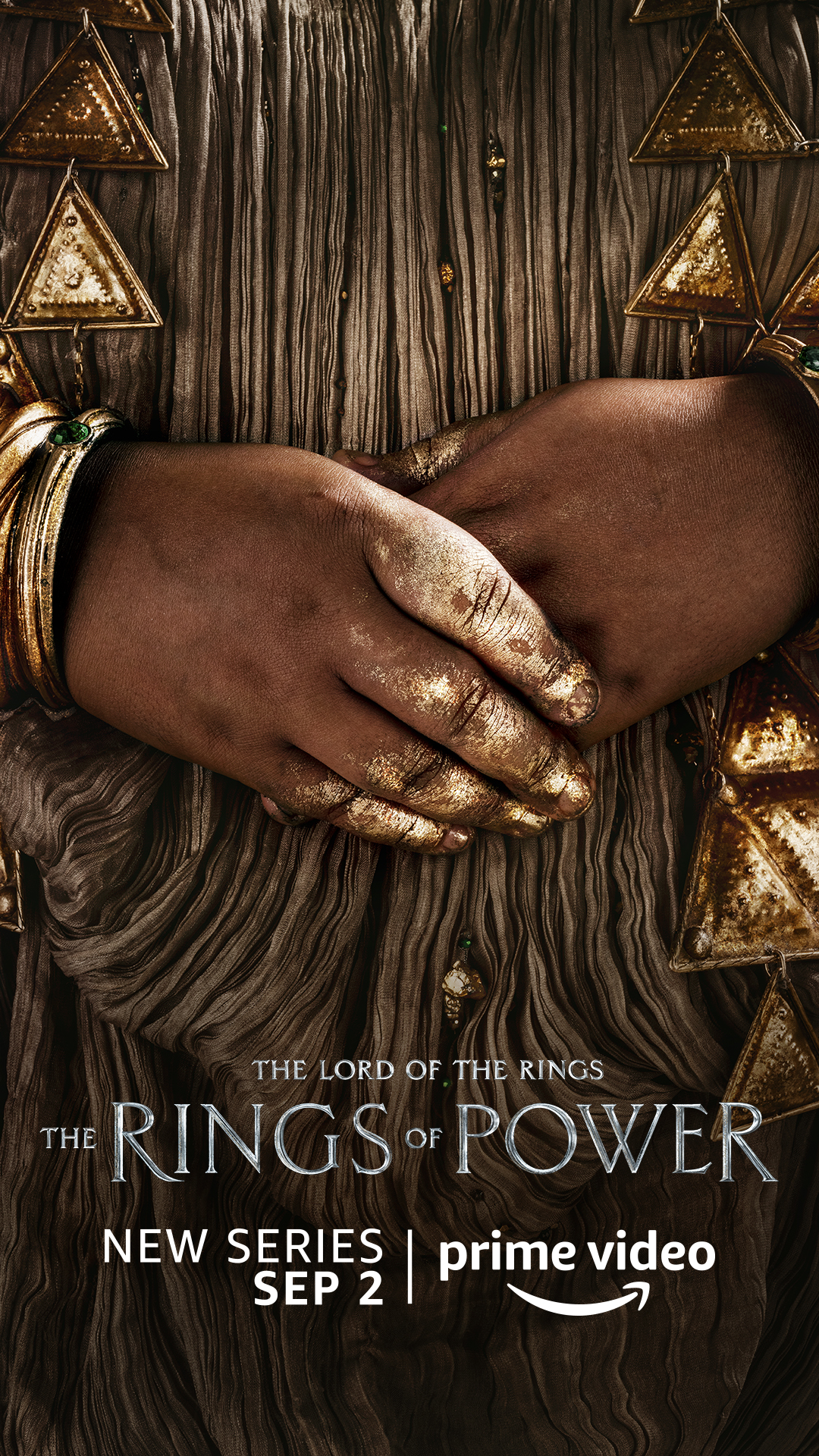Know how you’ll be, like, watching a thing, or reading a thing, and your brain just sort of wanders off to wherever brains wander off to, and flicks a switch, and all of a sudden everything makes sense? (If you could control when this happens, one imagines we’d live in a world much, much different than the one we apparently live in).
That happened to me when I was watching The Black Phone, and I don’t know if the switch that got flicked is super smart or super dumb or, I dunno, maybe it’s just like super obvious? I mentioned this to my wife and she wasn’t impressed — I got a big “yeah, so?” — so I bring it to the internet, where people love things and nobody says anything mean ever, to validate myself. So here it is.
Oh, and, fairly major spoilers for The Black Phone, and also I guess for The Karate Kid. This is where you get off if you care about such things.

So, I was watching The Black Phone — which, while I’m not going to do a full-on review of it, given there’s been plenty of that for this pretty excellent not-exactly-horror movie (it’s more of a thriller, in that there’s just this looming and inescapable sense of dread permeating the whole thing from top to bottom) — is a pretty excellent movie. But I couldn’t shake this feeling that was really bugging me.
Consider the central conceit: a kid is napped and brought into a sadistic murderer’s basement prison. In this prison, though, is a Black Phone, which Doesn’t Work, but our protagonist begins receiving calls on it from the ghosts of the sadistic murderer’s victims, ostensibly to help him escape. Problem is — and here’s what was really bugging me while I was watching — the things the ghosts are telling him aren’t actually helping him to escape.
Well, what the hell kinda good is it being dead if you don’t get the power to see beyond seeing? You want to help this kid escape and you tell him what to do and … it doesn’t work.
Seriously. Ghost #1 tells him he needs to dig thru the floor and up around the side of the house but … there just isn’t nearly enough time for that. Ghost #2 provides him with a handy-dandy wire to climb and reach the barred window — but all it does is yank the grating out of the frame. Ghost #3 tells him to punch thru a wall into the back of the freezer … but he can’t unlock the doors from the inside and getting into the freezer doesn’t help. Only Ghost #4 (our protag’s buddy taken just before our protag himself) helps him in a direct way, by giving him a quick combat lesson and telling him to use the up-until-now apparently useless phone in a concrete way.
But then, it all works in the end, right? The half-pit he digs turns into a Vietnam-guerilla-warfare trap pit, the displaced window grate turns the pit into a full-on spike trap, and the freezer access gives him an out to get past the guard dog after the big bad is dispatched.
And I realized:
This is The Karate Kid.

You see it, right? I’m talking about the classic, of course — I haven’t seen the remake — where young, goofy Daniel LaRusso finds himself in a strange place, beset by bullies, looking for a way to stand up for himself. He convinces local karate master Mister Miyagi to train him, and this feels like the way out — until he shows up to the old man’s house.
“Paint the fence,” the old man says. Danny, confused but willing to do what it takes, dutifully paints Miyagi’s fence. Finished, he asks if they can train now, and Miyagi tells him, no, go home, rest. He comes back again. Time to train? Miyagi nods. “Sand the floor.” Danny sands the entire deck and gets sent home again without training. Next day? “Wax these cars. Wax on, wax off.” Really frustrated but still determined, Danny does the work.
Then, the inevitable blow-up. When Miyagi sets him another chore, Danny freaks out. I wanted karate training, I didn’t want to remodel your backyard and fix up your cars, old man. Miyagi, stoic ever, says “show me paint the fence.” Miyagi throws a punch as Danny does the motion — and Danny perfectly blocks the attack.
Miyagi was training Daniel all along by teaching him fundamental movements. Miyagi gave the boy tools and drilled them into automaticity so that when the time came for the real work, he’d be ready for it.
Why? Because Miyagi had the long view. If he’d tried to give Daniel the complicated stuff right away, tried to give him the blueprint to beat up his bullies, it wouldn’t have worked — because the fundamentals were not in place. There was prep work to be done.
So it is in The Black Phone. Each ghost, like Miyagi, plants a seed that will come to fruition during the final confrontation, even if the seed itself seems useless, or, worse, an outright waste of time in the moment.
So, uh, that’s it. That’s my great big realization. These two movies couldn’t be more different, but they share the same through-line. They’re both these coming-of-age movies, both center on a kid who needs to stand up for himself, and they both get mentors who bread-crumb him to success rather than just giving him the tools and techniques straight-out.
Point is, there are only so many stories to be told out there — what matters isn’t the story itself, but how you tell it. Which is pretty cool, I guess — and a good thing for budding storytellers to keep in mind.



